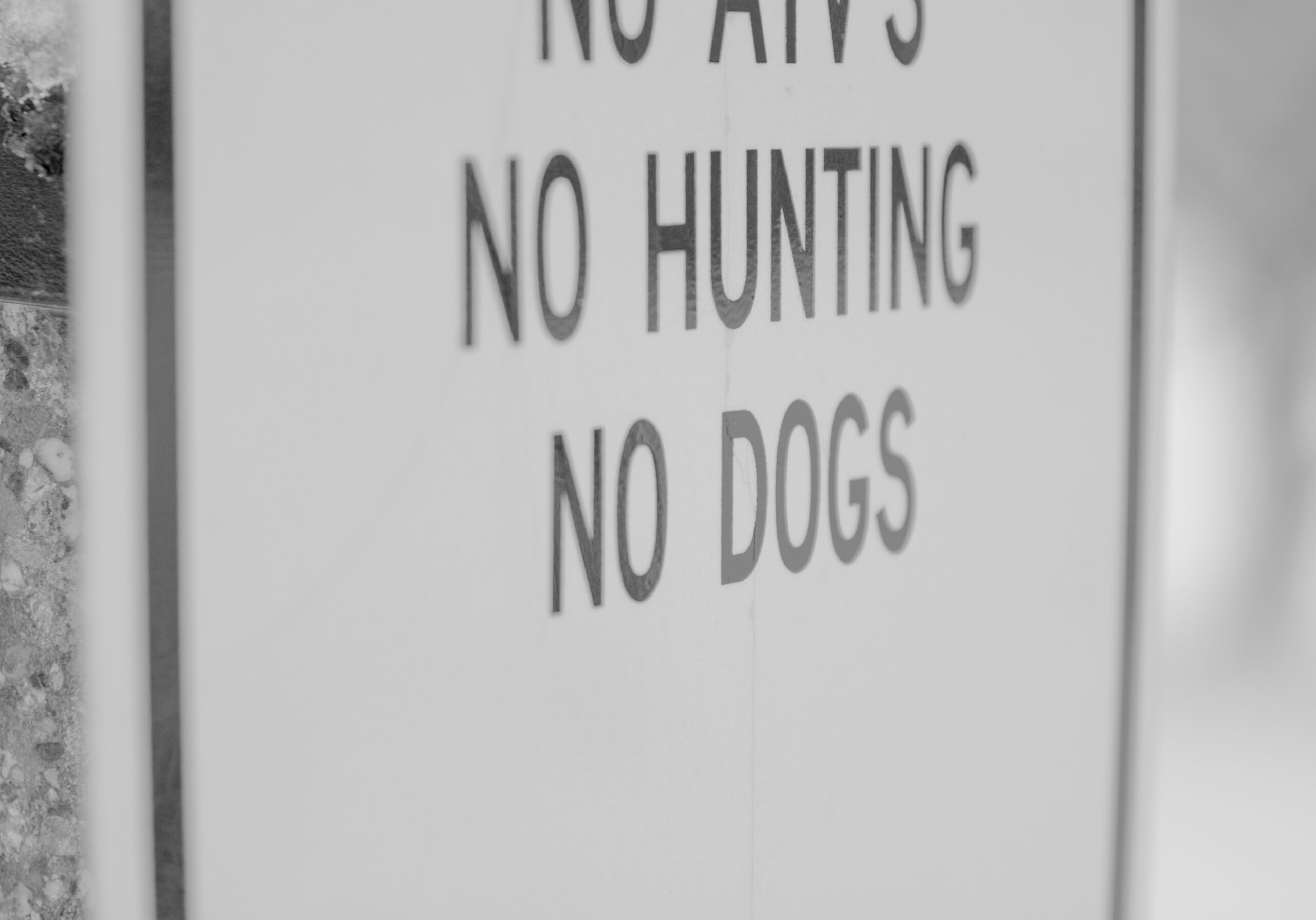I think it’s safe to say that Gusties love their dogs. If you’ve ever gone to a Pause for Paws event, you’d know what I’m talking about. The Dive is almost always packed with excited students hoping to get a slobbery kiss from a fluffy Samoyed to help them forget about the midterms they haven’t yet started studying for. Well, maybe that was just me.
Now that Pause for Paws is on pause this semester due to COVID-19, Gusties are yearning for any canine affection they can get.
Some students have resorted to begging other students with Emotional Support Animals to pet, play or cuddle with their animals. Others, like myself, have spent many hours in the car driving back home just to see the family dog or beg their parents to bring Buddy down to campus for a visit. We all cope differently
Unfortunately for us, Gustavus doesn’t make it very easy for our furry friends to make a visit. According to the school’s Pet Policy, “it is prohibited to bring dogs, cats, or other pets inside any College-controlled buildings” and “while on College-controlled properties, pets must be maintained on a leash of six feet or shorter, on a restraining harness, or in a caged enclosure.” Okay, that doesn’t sound too bad. It’s not like I’m trying to bring my dog into the Caf for a quick bite to eat, although I do think she’d be a fan of the mozzarella sticks.
But wait, what’s this? “Pets are not allowed in the arboretum…” You mean to tell me the 125 acres of outdoor space filled with walking trails and foliage has a ban on dogs? Where else are we supposed to take Buddy for a walk?
According to Linnaeus Arboretum Director and Naturalist Scott Moeller, the reason for prohibiting dogs in the Arb comes down to irresponsible owners leaving solid waste behind or not using a leash, fear/anxiety from people/children who are afraid of dogs, and liquid waste altering patterns of animals (fox, squirrels, deer, etc.). The issue of irresponsible owners is a large one, I’ll admit that. There is nothing worse than finding an abandoned pile of dog droppings in the middle of a walking path (even if it’s off the path, just pick it up please). Owners who choose not to pick up after their dogs are truly the worst, and in this instance, ruin it for the rest of us.
Although I understand the frustration of irresponsible owners letting their dogs run and poop anywhere they want, I don’t believe a full-out ban on all dogs is going to solve the issue. Let’s face it, people still bring their dogs into the Arb. I’m sure many people have seen a dog or two (maybe even the occasional cat) out walking with their owners on the walking trails.
One time, a Golden Retriever came running up to my hammock unleashed and ready to play. Luckily, that was the best surprise I could have ever dreamed of. If it was anyone else, that story might have been a little different. It could have been frightening to see a large dog come running at you full speed.
Obviously, the ban doesn’t work. There are still dogs in the Arb, but because dogs are completely prohibited (which is largely ignored), there are no signs requiring owners to leash their pets or pick up after them. Since people are going to ignore this unfavorable rule, they don’t feel the need to follow any others.
If, for instance, the ban was lifted and dogs were welcome in the Arb with the exceptions of picking up after them and having leashed at all times, I believe instances like these would decrease. Rules that demand for owners to be responsible are much more reasonable than prohibiting dogs entirely, so it’s more likely owners will follow them.
As for the assertion that dog urine is responsible for altered patterns in wildlife, it’s not abundantly clear why this is such a problem. Obviously, wildlife is an important part of the Arb and any natural park, however, if the Arb was that concerned about its squirrels, foxes, and deer, shouldn’t they prohibit humans, too? After all, we are arguably the most disruptive and invasive species in the world.
Additionally, the majority of the studies concluding that dog activity disrupts wildlife patterns are conducted in parks with over 3,000 acres. One can’t compare the activities of animals living in forests to the wildlife in the 125 acres of the Arb, located in the middle of St. Peter. We all know the squirrels at Gustavus are a different breed. You can run at them full speed and they won’t blink an eye.
In conclusion, Gusties need their dogs. It’s been proven again and again how beneficial dogs are for stress relief, and it’s clear that everyone on campus could use more ways to de-stress. Hopefully, Gustavus will reconsider their pet policy and the dog ban in the arboretum, but for now, does anyone have a fluffy animal I can snuggle before midterms hit?
